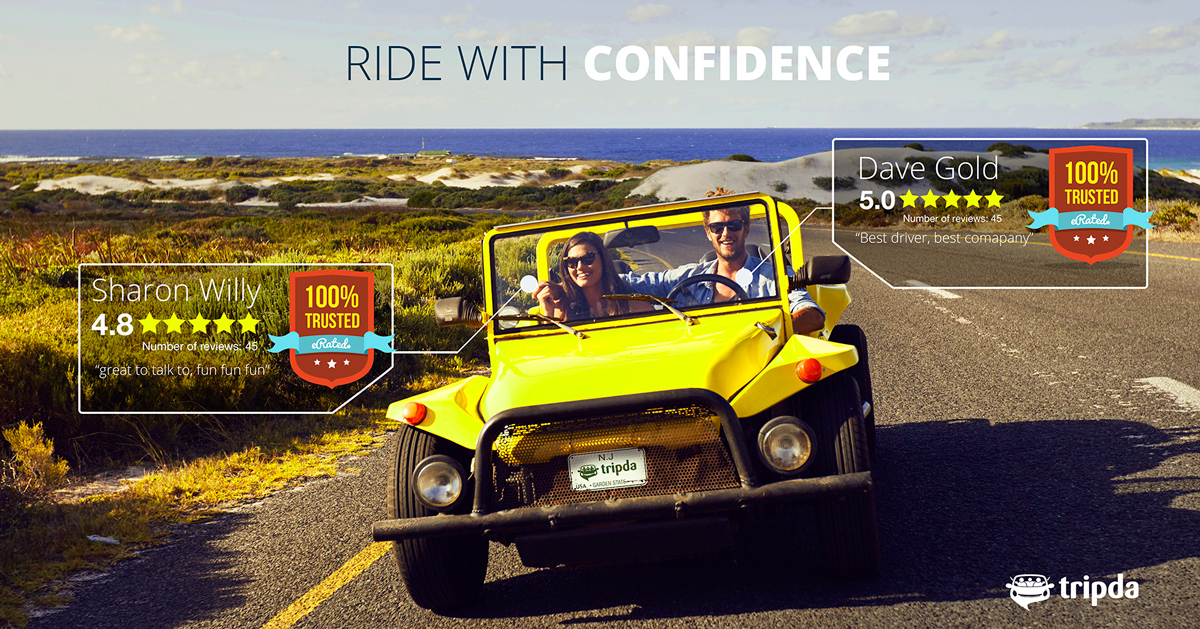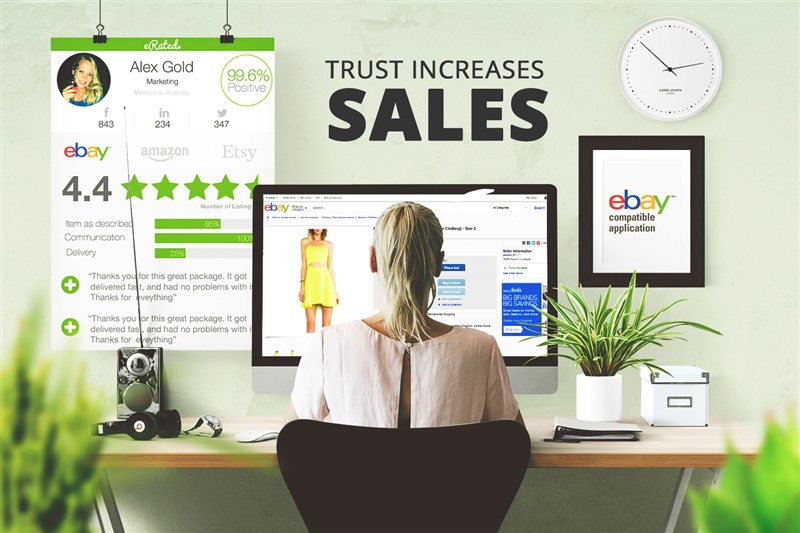If you’re like my grandmother, you’re already planning for Christmas. She starts her Christmas shopping well before the Labour Day weekend and about 120 days before my Dad buys his first stocking stuffer. Online shopowners have a lot in common with my Grandmother when it comes to starting early for Christmas (but hopefully not the fruitcake baking).
To catch those merchants with a longer view of consumer trends, WordPress (WooCommerce) has a whole suite of plug-ins offering big deals, anywhere from 10% to 50% the usual price. But just like Christmas, we’re sure they won’t last long.
As eRated launches its own WP plug-in, we wanted to shoutout three other ecommerce plug-ins offering great deals for merchants in advance of the Holiday shopping season.
Turn One-time customers into a community with OptinMonster: This great plug-in is an attractive, low-friction tool to entice your customers to sign up for your newsletter. Make sure your customers stay in the loop for your Christmas sales and increase your subscriber rate by as much as 600%. 10% off!
Do one more for your blogger (especially if it’s your husband) with Aweber: With this email marketing solution you can target customers by action, location and other characteristics, manage subscribers and track clicks and send email sequences with autoresponder. You can get 95% off your first month!
Get more out of your platform space and use OIO Publisher: Some shops shake their heads at using ads, but if you’re investing a lot into content and creating a real name for yourself in your space (Cotswolds antique chairs?) then use OIO Publisher to maximize revenue, save time and stay in full control of your space. Get $10 off!
We’re thrilled to introduce eRated to WooCommerce! Reputation is everything to independent shopowners - buyers will not make a purchase if they don’t trust you. eRated is your global trust solution. Our plug-in lets you carry your reputation from every other platform your active in (eBay, Amazon, AirBnB) and display it in your shop window. Right now, we’re offering 20% off the product for helping us to spread the word! How does it work? Find out!
Your customers make the most out of discounts, so why shouldn’t you? Don’t wait for Black Friday to get bang for your buck - take advantage of some great offers on WordPress!







